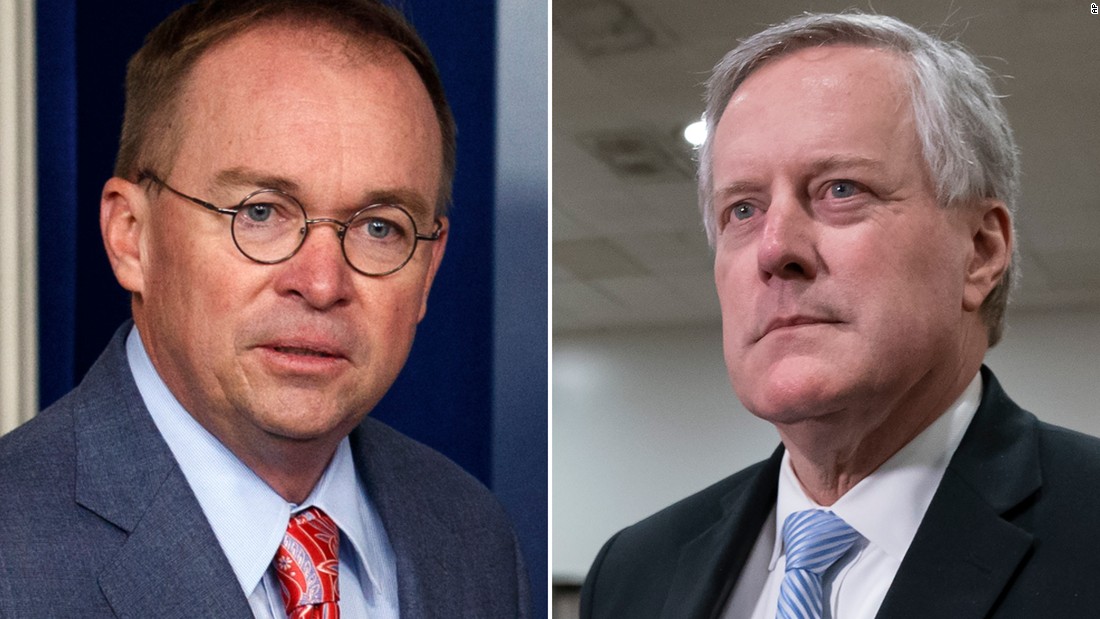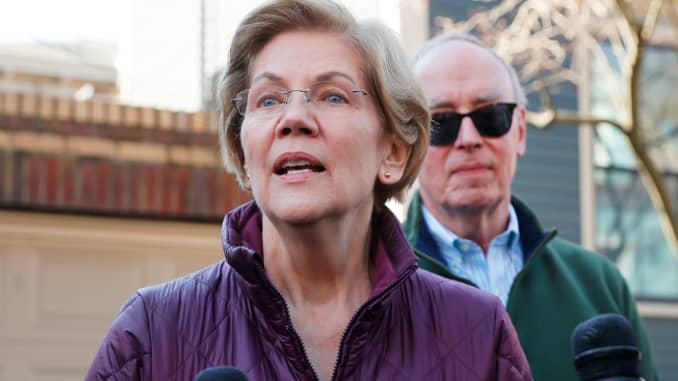
Tsinghua University
Dear Commons Community,
My colleague Fred Lane forwarded this piece to me.
In early February, Tsinghua University’s leaders, including Chair of Council Chen Xu, President Qiu Yong and Provost Yang Bin offered the first class of the semester to more than 50,000 students and 5,000 faculty, announcing that “the new semester would be ‘education as usual’ despite the swelling spread of the coronavirus.” Since February 17th, almost 2,700 teaching staff at Tsinghua University have delivered 4,000 online courses to 25,000 students spread across every time zone and continent. Shifting one of the world’s most elite university campuses into the cloud has required clarity, expertise, community and computers. As reported by University World News.
“Tsinghua’s decision to proceed with teaching-as-usual conveyed the clear message that higher education is one of our most precious resources. In times of uncertainty and fear, learning and research are more important than ever. Do not panic. Study and discover.
It will take millions of minds many decades to fully decode the ramifications of this shock to higher education. But it is important for people everywhere to know what has happened and immediately start making sense of what is going on.
No going back
A new global ‘education economy’ has been born. Right now, universities, faculty and students in countries including China and Australia are relying entirely on online learning to deliver core education services.
Systems, experiences and expectations have been quickly forged which will almost surely yield widespread and enduring changes for global higher education. It is not possible nor desirable to ‘go back’ from much that has been experienced.
Online learning has grown beyond smart acronyms and joined the mainstream education. Following China’s lead, countries across Asia will almost certainly place more formal emphasis on online learning. Such a move holds global consequences, with Asia being the world’s biggest time zone for higher education.
New regulatory policies and cross-border agreements will be required. Countries will need to negotiate new rules with physical institutions such as campus-based universities, including bolstering the already flourishing emergence of career-long learning.
The role of university leaders
Though often quiet achievers, university leaders will play a more prominent global role. Findings from the Global University President Interviews research project, run by the Institute of Education at Tsinghua, reveals the role university leaders play in steering investigation and debate and carving out futures in almost every imaginable area.
As the current Tsinghua case confirms, leadership is most tested when things go awry. The current situation presents a call to better understand university leadership during times of crisis, and how to steer an increasingly uncertain future. This is essential, for while technology enables global higher education, it is really the leaders, systems and engaged people who make education succeed.
The recent shock is a sharp prod to start learning quickly about online global higher education. Over recent decades, ‘international education’ has given rise to reasonably well-known information economies, student markets, research ecosystems and geopolitics. Much less is known about the new global era. There is little policy about how managers can support hundreds of globally located faculty who are delivering top-end university education to students all over the world.
While it spawns big data, we know rather little about the value of online education. We know even less about how countries, universities and families will distribute time and money across physical, technological and intercontinental platforms. Early signs suggest that the global era will blend concrete, kerosene and silicone in creative and smart ways. Many countries, particularly in Asia, must quickly reform national policy to embrace online pieces of learning.
Higher education has just been shaken by forces beyond its control. Such a shock is unsurprising given the role universities now play in the general economy. Universities can and must direct their future for the good of the globe, as Tsinghua’s leaders have demonstrated. Elite university education is surely more global and online than ever before. Now is the time for bold education experiments, informed by major useful research.”
This is a remarkable development especially since so much of China’s higher education has been very traditional. As the saying goes, necessity is the mother of invention.
Tony









